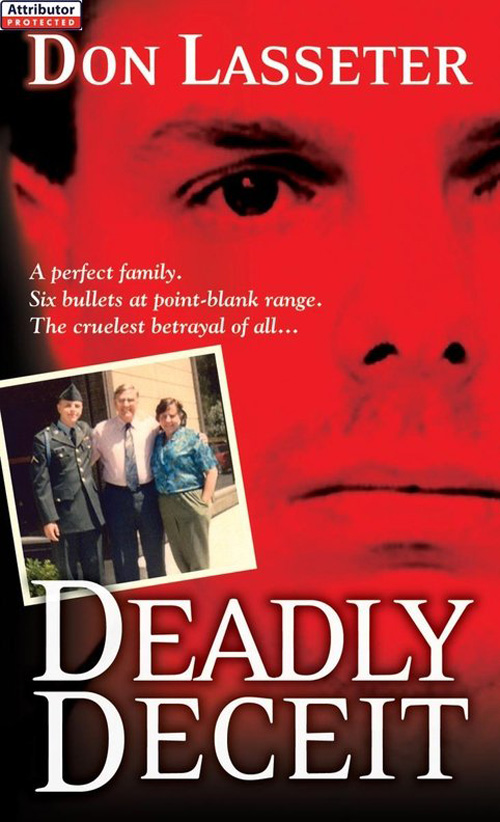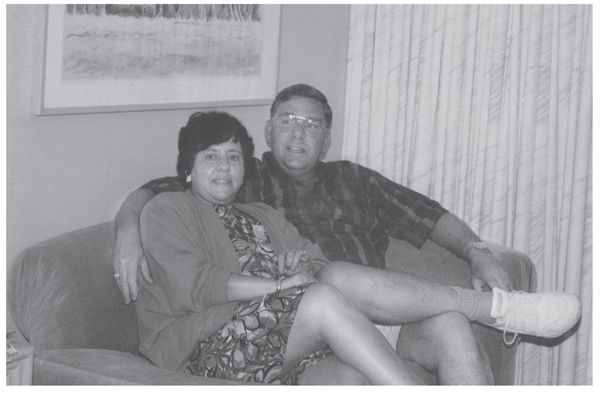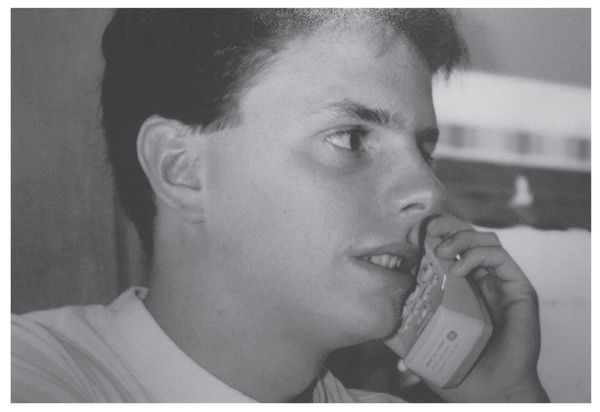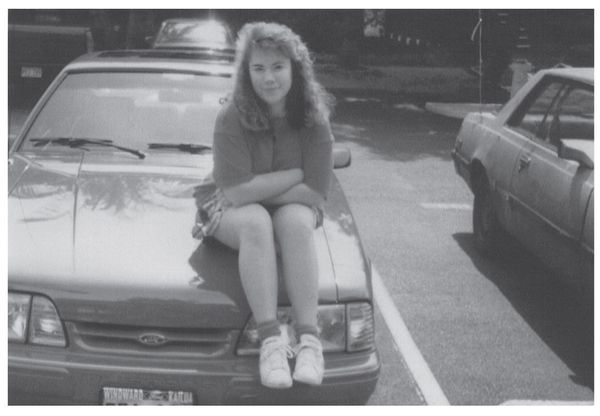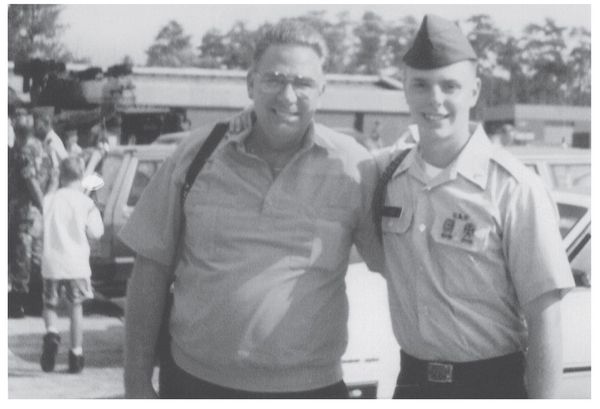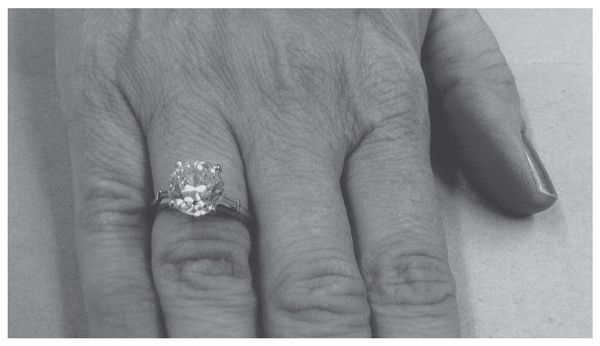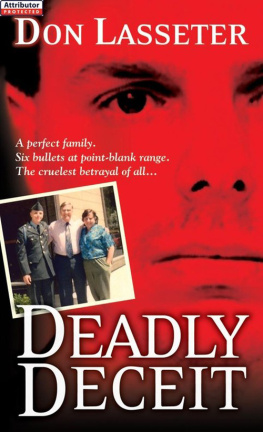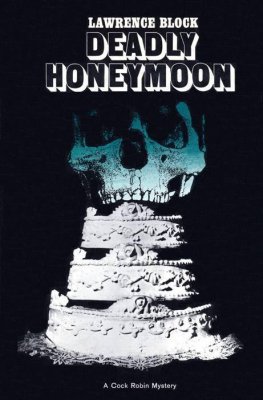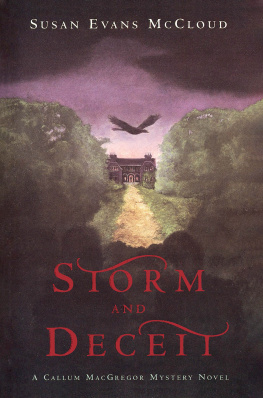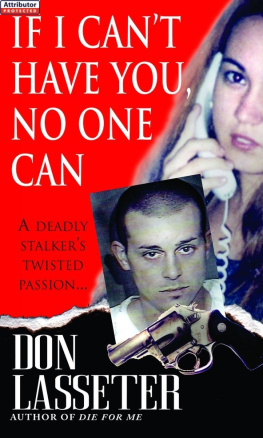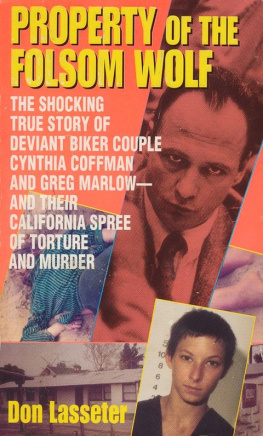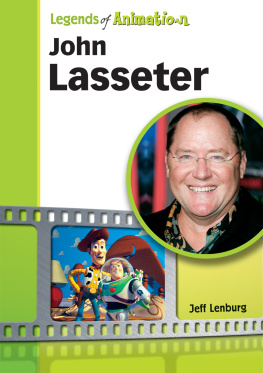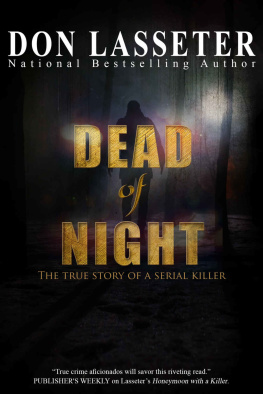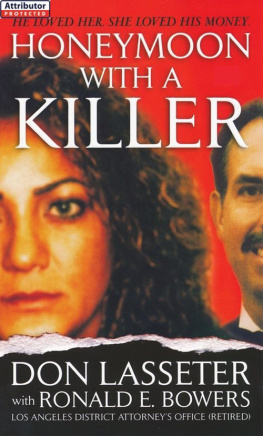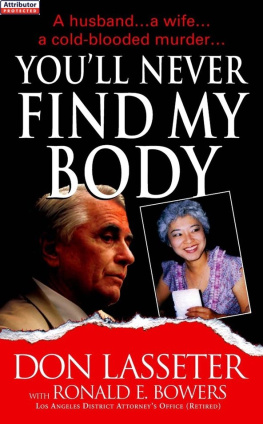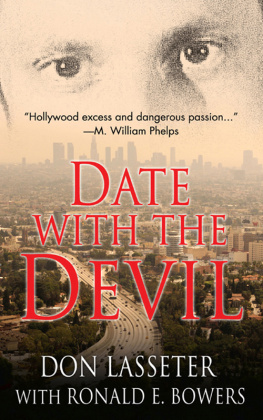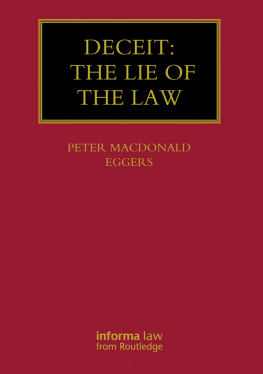Epilogue
Without the initiative of Alicia LaFlesh, a myriad of events told in this book might be lost in the shadows of time, known only to a few participants and local news readers.
Midway through 2009, I received an e-mail and nearly deleted it because I did not recognize the name. I read the subject line, A story? and it did little to jolt my imagination. For some reason, though, I opened it and read her words:
My name is Alicia LaFlesh. I have always been told that I should write a book, but Im not a writer. I wanted to know if you would be interested in talking with me regarding writing about the experiences with my ex-husband. I was married to him when he murdered my parents-in-law in Arizona....
Alicia LaFlesh
This type of proposal is not uncommon, and many of them are intriguing. Timing, though, is all-important. In this case, I just happened to be in the market for a new story and decided it might be interesting to see what Alicia had to say. We met at a restaurant.
After introductory chatter, I asked her reasons for doing this. Why did Alicia wish to reveal so many personal matters and to suffer the trauma of dragging herself through the horror once again? I knew that money had nothing to do with it. With tears in her eyes, she explained her deep overwhelming love for Brian and Jeannie Legg, and the incredible pain she had endured when David Legg killed them. The warmth and security of family affection had been absent through her own childhood, and she had been so grateful for finding it with the new in-laws. She even felt guilty, burdened by the improbable concept that David might not have shot them if she had never married him. Now Alicia hoped that putting the experience in a book might offer catharsis and healing.
We agreed to explore the matter further. Certainly, I needed a far more comprehensive understanding of the facts before committing to a book. Numerous telephone calls, Internet explorations, interviews, and stacks of documents acquired in a couple of trips to Phoenix provided the answers.
So Alicia LaFlesh tops the list of people to whom I want to express my gratitude for assistance in seeing this project through to completion.
And, as is the case with all authors of nonfiction books, the completed product is a result of teamwork.
As always, Michaela Hamilton, executive editor at Kensington, provided wise counsel, warm encouragement, and the green light.
Literary agent Susan Crawford never fails to inspire and nail down essential logistics for me.
In Arizona, Michael Jeanes, clerk of the Maricopa County Superior Court, came through with extraordinary and courteous assistance, and the best staff folks I have ever encountered in years of research.
His programs manager, Aaron Nash, was an absolute delight in his correspondence and personal cooperation during my visits to Phoenix.
In the basement of the Central Court building, Lillian Barnett patiently aided me in examining and copying exhibits from the trial, twice. Connie Estrada and Evelyn Lavorin expeditiously handled my questions and needs.
I had a tough time keeping on subject in corresponding with Glenn McCormick, the prosecutor. My mind kept wandering to football and I had to exercise extreme self-discipline to prevent driving him crazy with questions about his former athletic career. His thorough and witty responses about the case were extremely helpful.
Judge Michael Wilkinson generously spoke to me about the trial, his background, Arizona law, and his later years.
Doug Murphy reported the case for a local newspaper and shared his experiences with me by e-mail and over lunch at a Phoenix restaurant.
Life has moved on for many of the people mentioned in this case.
David Legg is serving a life sentence in the Arizona Department of Corrections system, in a Yuma facility, at the time of this writing. He has been assigned inmate jobs, including house porter, duties with Arizona corrections industries, inmate newspaper, and academic/scholastic clerical duties. Only one disciplinary infraction is listed on his record. In January 2001, he was guilty of disorderly conduct. Davids need to romance young women apparently still burns brightly. In March 2000, Judge Wilkinson received a letter from a girl named Mary. She professed her love for David Legg with all my heart and soul and claimed to look into his eyes and see a special spirit within him. Mary rhapsodized for a full page and noted: I am not complete without him and one day I would like to marrie [sic] and share the rest of my life with him. Only David and Mary know how the relationship turned out.
Kimberly Pierce-Taylor returned to Mexico and lives in obscure privacy.
Glenn McCormick left the county attorneys office in 1998 for a position with the United States Attorneys Office in Phoenix. He took time out from the new role to complete the sentencing phase of David Leggs trial, in 2000. Currently McCormick works in the U.S. Organized Crime Drug Enforcement Task Force as a supervisor.
Steven Lynch, McCormicks co-counsel in the trial, is a superior court commissioner.
Michael Bernays remains in private law practice from his Phoenix office.
Judge Michael Wilkinson retired from the bench in 2007 to teach and work for the Supreme Court.
Doug Murphy continues his career as a reporter and editorial writer.
Detectives Ron Jones, Ken Hansen, and Brian McIndoo retired from the Phoenix Police Department.
Alicia LaFlesh, with her two young sons, is in a loving relationship, and works as an auditor in the financial industry. It is my sincere hope that this book provides the catharsis and serenity she sought, and that for the remainder of her life, she never again encounters anyone even remotely connected to murder.
Don Lasseter
2010
